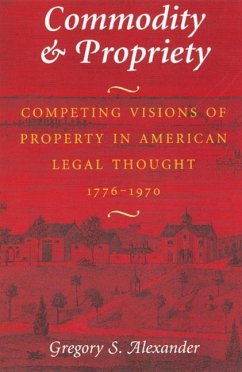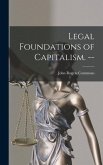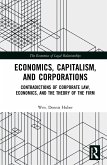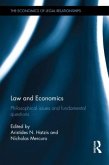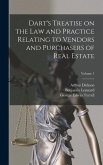Most people understand property as something that is owned, a means of creating individual wealth. But in "Commodity and Propriety," the first full-length history of the meaning of property, Gregory Alexander uncovers in American legal writing a competing vision of property that has existed alongside the traditional conception. Property, Alexander argues, has also been understood as "proprietary," a mechanism for creating and maintaining a properly ordered society. This view of property has even operated in periods--such as the second half of the nineteenth century--when market forces seemed to dominate social and legal relationships. In demonstrating how the understanding of property as a private basis for the public good has competed with the better-known market-oriented conception, Alexander radically rewrites the history of property, with significant implications for current political debates and recent Supreme Court decisions.
